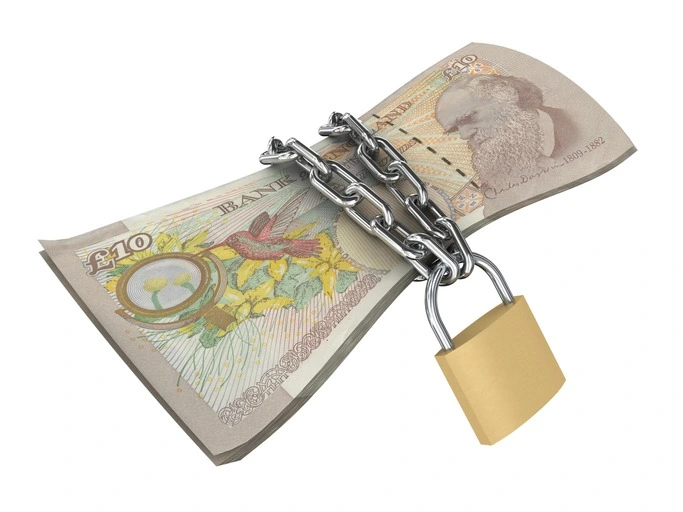For any business owner, the tracking and management of business debt is one of the top priorities. There will always be debts to manage in a business, whether it’s regular payments to important suppliers, rent, utility bills, a bank loan to fund the expansion of premises, or a tax bill from HMRC – which could be expected or unexpected. However, it’s not the debts themselves that cause issues, but how you manage them and work to reduce them – and this is where good bookkeeping comes in.
We’ve put together five tips to help business owners with this stressful area of the finances.

Create a realistic budget and ensure you follow it
When working out a budget for your business, it’s essential to ensure it’s both practical and achievable. You may have many exciting plans for the future of your business, but if you overreach yourself at the beginning you’ll end up struggling to finance them. Planning ahead should mean making provision for paying debts is a priority.
Manage cash flow effectively
Debts can put a big strain on cash flow by limiting the amount of money available for the day-to-day running of the business. They can also affect your credit ratings, which in turn can make it difficult to secure any future funding you might need. Ensuring you have enough in the pot to stay in business is crucial.
Communicate with creditors
It’s very important that you keep the lines of communication open with your creditors – a wall of silence will only exacerbate the situation. Creditors who are given an honest appraisal of the situation are more likely to help you work round it – after all, if your business goes under, they may lose their money anyway. You may be able to agree an achievable timeframe to pay off the debt or negotiate payment in manageable instalments.
Work out a strategy for paying your bills
Meticulous bookkeeping involves making a priority payment list, monitoring it in detail and calculating the best way to reduce debt. It may be that working to pay off a loan is the most practical decision or paying suppliers first in order to increase production and raise more cash. Whichever method suits your business best, it’s important to keep accurate records so you have up-to-the-minute knowledge of the position you’re in.
Go digital
It can make a huge difference to the accuracy of your bookkeeping if you get a bookkeeping software package such as Sage or Xero, and it will also tie in with HMRC’s Making Tax Digital initiative when it comes to your tax assessment. You can sort your VAT return, work out expenses, pay bills, and by calculating cash flow and profitability, you can also see at a glance the debt level your business is carrying. This makes it less likely that you’ll overspend and add to the problem.
At AMR Bookkeeping Solutions, we’re experts at keeping on top of business debt for our clients and will recognise warning signs in plenty of time to ensure the situation doesn’t get out of hand. If you need advice about reducing business debt, or would like help with any aspect of bookkeeping or payroll, why not get in touch with our friendly and professional team? Complete our contact us form or call 01892 559480.









